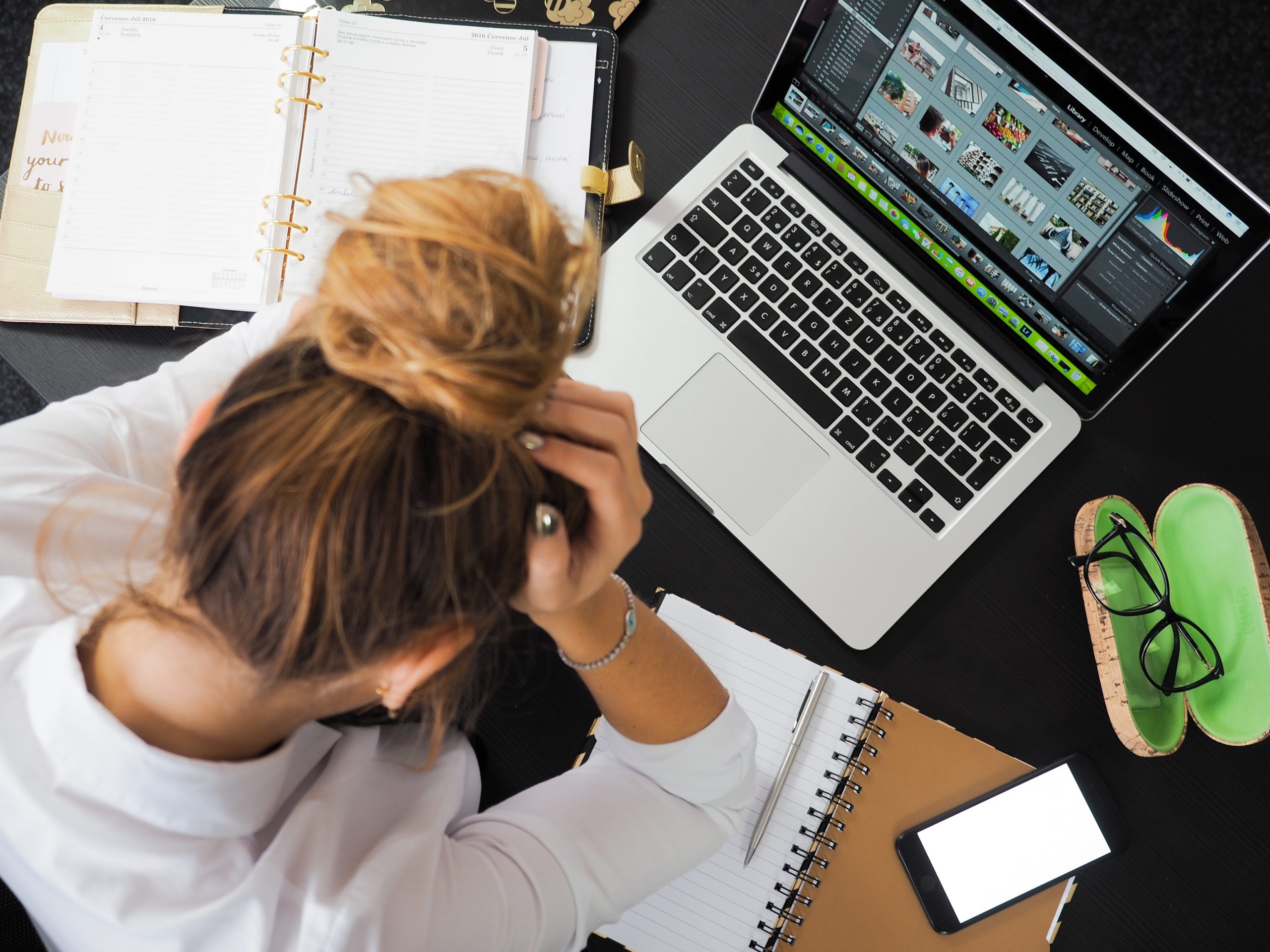How Is Anxiety Treated?

By Linda Rodgers
There are many good treatments for anxiety disorders. The most common is therapy, specifically cognitive behavior therapy (CBT). There is also medication, if you and your provider think it would help you.
First, though, you need to take the important step of talking to someone about your fears and anxiety. That could be a trusted adult or your health-care provider, who can make an evaluation based on your conversations. They can then recommend other resources, such as a therapist or mental health clinic.
The goal of treatment is to get to a point where you can manage your anxiety with few, if any, symptoms. Of course, you won’t stop worrying. That’s just part of being human. But you’ll be able to get through tough situations with the new coping skills and techniques you’ve learned or with the help of medication balancing the chemicals in your brain that contribute to anxiety.
Here are the types of treatment research shows work best for teenagers and young adults.
Therapy for Anxiety
There are different types of therapy to deal with anxiety, but for teens and young adults, the one considered the most effective is cognitive behavior therapy. CBT teaches you skills to manage your anxiety disorder. It can teach you:
- How to understand the physical signs of anxiety. When your body starts to react, you can short-circuit the anxious thoughts before they spin out of control. You’ll learn breathing and grounding techniques, for example, or other mindfulness practices that help you focus on the present instead of the past or future.
- How to reframe or challenge the thoughts and beliefs that are part of your anxiety. You may, for example, worry your friends hate you because you found out they went for coffee without you. With CBT, you’d learn how to check in with yourself and ask, “What’s the evidence that my friends actually hate me?” and, “What’s the evidence that they actually care about me?”
- How to notice your thoughts and label them so you can separate them from the anxiety. If you’re afraid your classmates will laugh at you when you give your presentation, you can say, “I’m worried or I’m having the thought everyone will laugh at me,” which is different from, “Everyone will laugh at me.”
- How to face situations that make you anxious. This is called exposure therapy. Your therapist will gradually expose you to whatever triggers your anxiety, so you learn how to manage your fear and nervousness. If joining a new club or going to parties is what worries you most, you may work with the therapist on how to approach people to start a conversation.
Your therapist may role play scenarios with you so you can think through how you’ll handle different outcomes. Your therapist may give you homework, such as asking someone out for coffee or meeting a new person. As you confront your fears, you’ll become more confident in your ability to handle them.
If it’s hard to find an in-person therapist who specializes in CBT or shares your cultural background, ask your health-care provider to recommend some good teletherapy sites.
Medication for Anxiety
You don’t have to go on medication if you’re anxious, but it can be very helpful, especially when you combine it with CBT. Here are some things to keep in mind:
- Going on medication is a personal decision. It’s good to have a discussion with your health-care provider and therapist about the benefits for your situation.
- It doesn’t mean you will be on medication for the rest of your life. Your provider will recommend that you start on a certain medication when you’re really struggling. You can discuss going off it when you start to feel better or have learned other ways to manage your anxiety.
- You will probably combine the medication with therapy. Research shows that’s the treatment plan that gives teens the biggest boost of all.
The best medications for treating anxiety are antidepressants. Experts believe antidepressants work by increasing mood-boosting brain chemicals called neurotransmitters, such as serotonin, dopamine, and norepinephrine. In many cases, having more neurotransmitters circulating in your brain can help you feel better.
There are several different kinds, so you and your provider may have to try more than one medication to find out which works best for you. The good news is that they seem to work faster in teens. Sometimes all it takes is two weeks to start feeling less anxious or panicky.
Sometimes your provider will recommend a short-term drug from a group of medications known as benzodiazepines. Research shows they can help if you have intense anxiety. They’re usually given to help get you through panic attacks or to take on a plane if you have a fear of flying. After a couple months, the effects wear off unless you’re given a stronger dose. You can also become dependent on benzos, which is why your provider will monitor you.
Anxiety can be treated, so it makes sense to reach out for help. One place to start is on our resources page. You’ll learn how to find affordable care or what to do while you’re waiting to see a therapist. Whatever you do, though, take the first step. Even if it feels scary, it will be worth it.
Learn More About Anxiety and How You Can Get Help or Help Someone Else
Can I Be Anxious Without Having an Anxiety Disorder?
How Do I Know If I Have an Anxiety Disorder?
How Can I Talk to Someone About My Anxiety?
How to Help a Friend or Loved One with Anxiety






